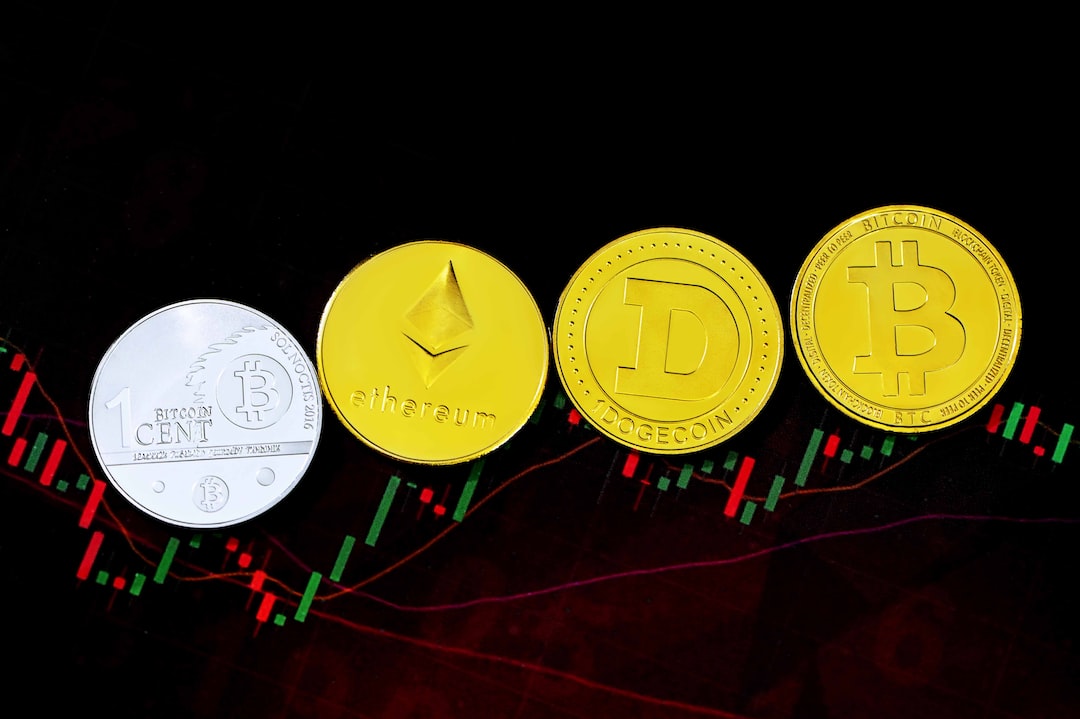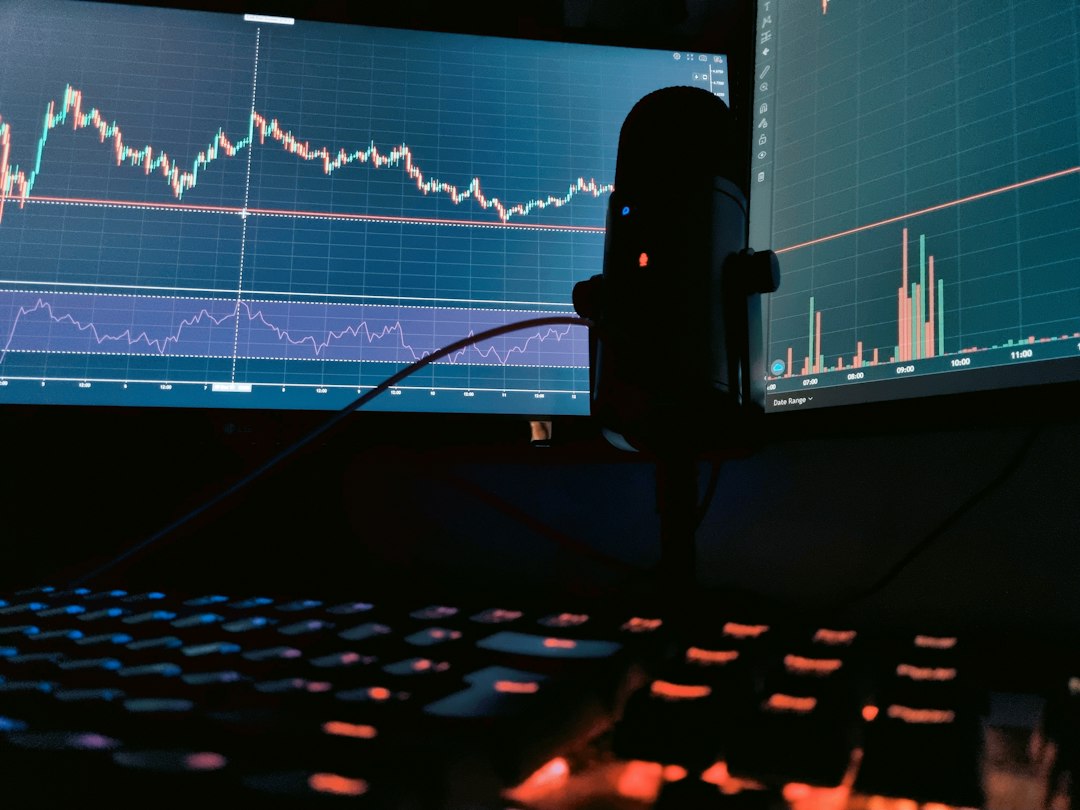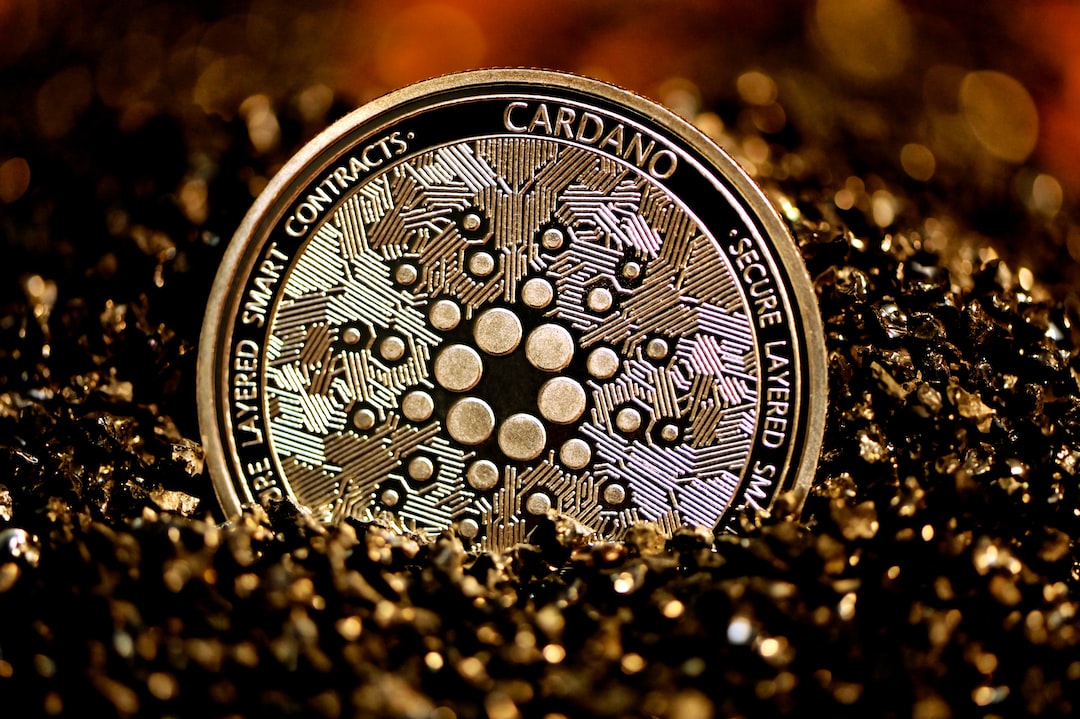Worldcoin Halts Orb-Verification Services in India, Brazil, and France
Worldcoin, co-founded by OpenAI CEO Sam Altman, has made the surprising decision to halt its Orb-verification services in India, Brazil, and France. This move comes after the crypto startup’s global rollout of its unique eyeball-scanning device, known as the Orb. The sudden withdrawal from these key markets has sparked speculation about potential regulatory challenges.
Raising Questions About Worldcoin’s Future
Worldcoin’s ambitious venture into identity verification using the Orb has hit a roadblock with the cessation of services in India, Brazil, and France. Despite the attention garnered by the distinctive five-pound chromatic sphere during its multi-city tour, doubts are now being raised about potential regulatory hurdles faced by the company.
The foundation overseeing Worldcoin’s development has clarified that the expansion of the Orb was only intended for a limited time in various markets. Worldcoin’s spokesperson emphasized their commitment to meeting global regulatory requirements and providing a secure service for verified individuals.
Orb Popularity and Regulatory Challenges
The Orb gained popularity through its pop-up kiosks in India, but concerns about regulatory challenges persisted among cryptocurrency founders in the country. Ethereum creator Vitalik Buterin also expressed concerns about the Orb’s design, privacy, security, and business decisions.
The sudden withdrawal raises questions about how Worldcoin will navigate diverse regulatory landscapes. As the company recalibrates, it remains to be seen how this setback will impact its vision of distinguishing humans from artificial intelligence online.
Hot Take: Impact on Worldcoin’s Price
Despite the news of Worldcoin halting its Orb-verification services, there seems to be no immediate negative impact on the price of WLD. During writing, the Worldcoin price was up 5.44% and trading at $3.74. However, the trading volume of the WLD crypto has seen a decrease of 26.07% over the last 24 hours, amounting to $206.12 million.





 By
By
 By
By
 By
By
 By
By

 By
By